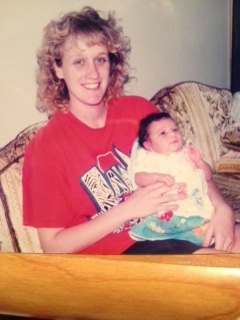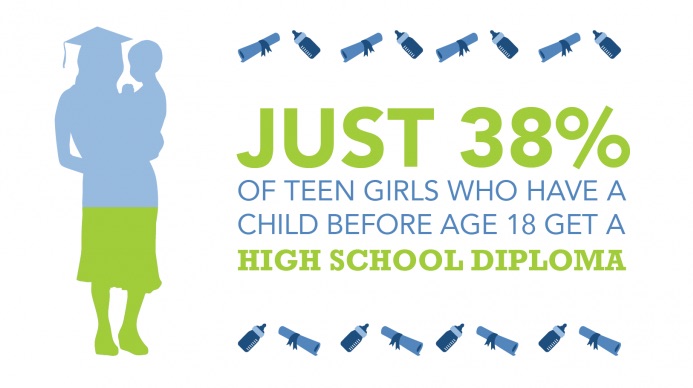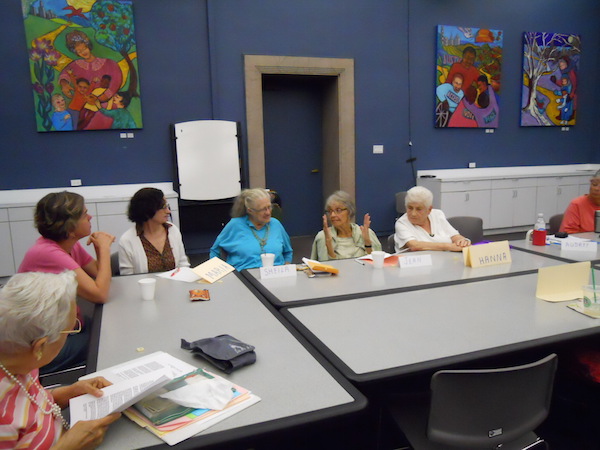Mondays with Mike: Little blue pills
July 20, 2015 • 1 Comment • Posted in memoir writing, Mondays with Mike, UncategorizedI’m old enough to remember when it was illegal to advertise prescription drugs on television. And even if it had been legal, the idea that the commercials would be talking about erectile dysfunction would’ve been a non-starter. As in, on TV? Really? Plus, we wouldn’t have known what erectile dysfunction was.
Of course, a lot’s changed. I’m not arguing it was better then. But it’s not at all clear to me, that when it comes to some things anyway, that it’s any better now.
So we have commercials with bathtubs next to each other and lots of guys with a certain razor stubble of a certain age with women who are of the same certain age but look younger. And the men apparently have a big problem that pills will solve.
The latest round of ads for Viagra has comely women dressed just a button short of trash talking to me, earnestly. As in, if I’m not excited watching this commercial right now, I might have a problem.
“About half of men over 40 have some degree of erectile dysfunction,” says the ad.
Hmm. I wonder if we can define dysfunction, and what the baseline is. Because if the baseline was when I was 16, well, thank God. Because, as Eddie Murphy’s character said in the movie 48 Hours, “I’ve been in prison for three years. My **** gets hard when the wind blows.”
That wasn’t fun. It was crazy, but really, not fun. It’s a lot to deal with for a not yet young-man. So, if that’s the standard, yes, all of we men are experiencing erectile dysfunction. I say bring it on!
More generally, having watched the arc of social change, starting with the brand of feminism that eschewed both bras and makeup, it’s hard to decipher. I mean, it’s cool that men get manicures and pedicures. But it sucks that instead of women’s magazines that obsess on body types and fictional ideals of beauty being put out of business, they seem more popular than ever now, and equivalent men’s publications have sprung up. That was not what I had in mind. Equality of objectification was not the goal.
Oh well.
I feel a breeze.





